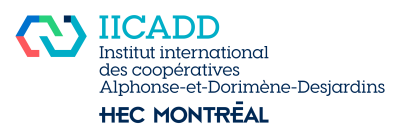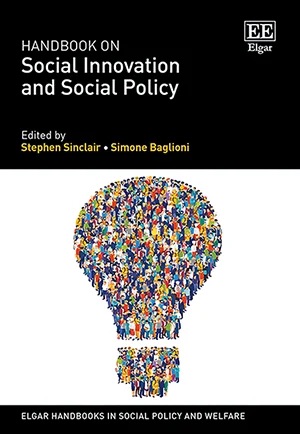Authors: Rafael Ziegler, Eléonore Compère, Emmanuel Raufflet and Martine Vézina
Subject: Circular economy, Québec, Canada
Date of publication: March 2024
This paper seeks to contribute to the literature identifying the determinants of exposure at default (EAD) on the revolving credit lines granted to individuals contrasting with past empirical studies on EAD for corporate loans.
The Circular economy aims at reducing resource input; at re-designing products for extended use; at sharing, repairing and recycling them; and at recovering ‘waste’ as a resource in production. These goals require not only technical innovation for closing the loop, but also social innovation, as indicated by calls for a sharing tools and recycling products, and ultimately rethinking production and consumption. The circular economy therefore raises questions for environmental and social policy: who benefits from such changes, and who loses out? Who is involved in decisions about such changes? This chapter explores the enabling and constraining roles of circular economy polices for SI with a focus on the province of Quebec, a Canadian pioneer in the circular economy. The chapter focuses on key organizations of SI, i.e. social economy organisations (not-for-profits and cooperatives) and outlines their roles in the circular economy. It then shows how these are respectively enabled and constrained by circular economy policy. In parallel the chapter explores the enabling and hindering role of social policy, such as work-insertion, for the circular economy. The conclusion generalizes the findings for research and policy in an international and comparative perspective.
This publication appears in Handbook on Social Innovation and Social Policy, edited by Stephen Sinclair and Simon Baglioni, Cheltenham: Edward Elgar.

